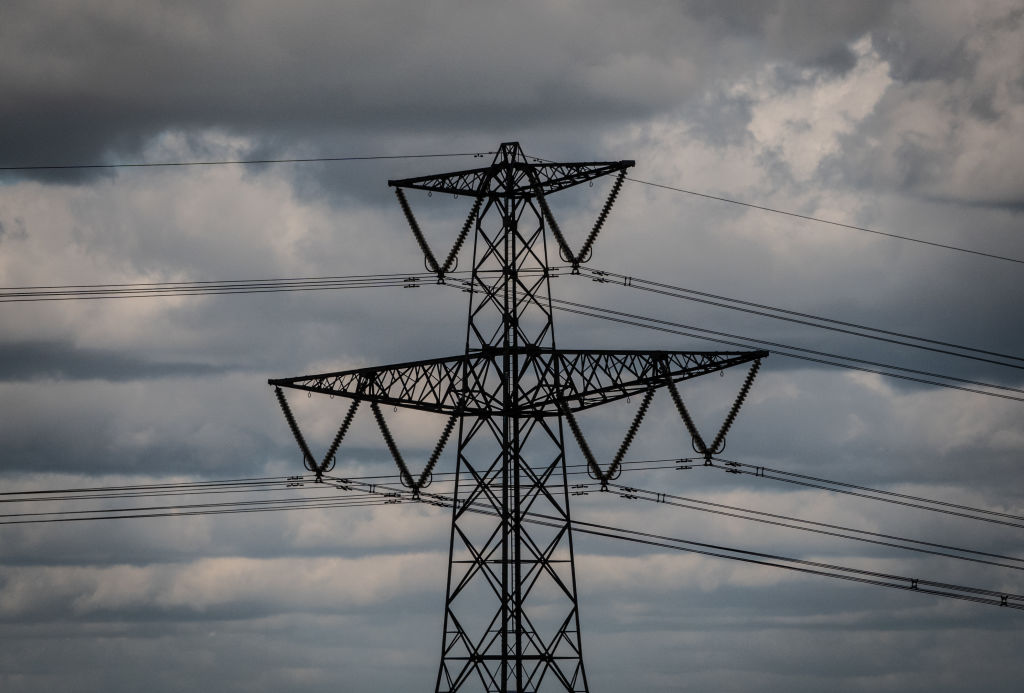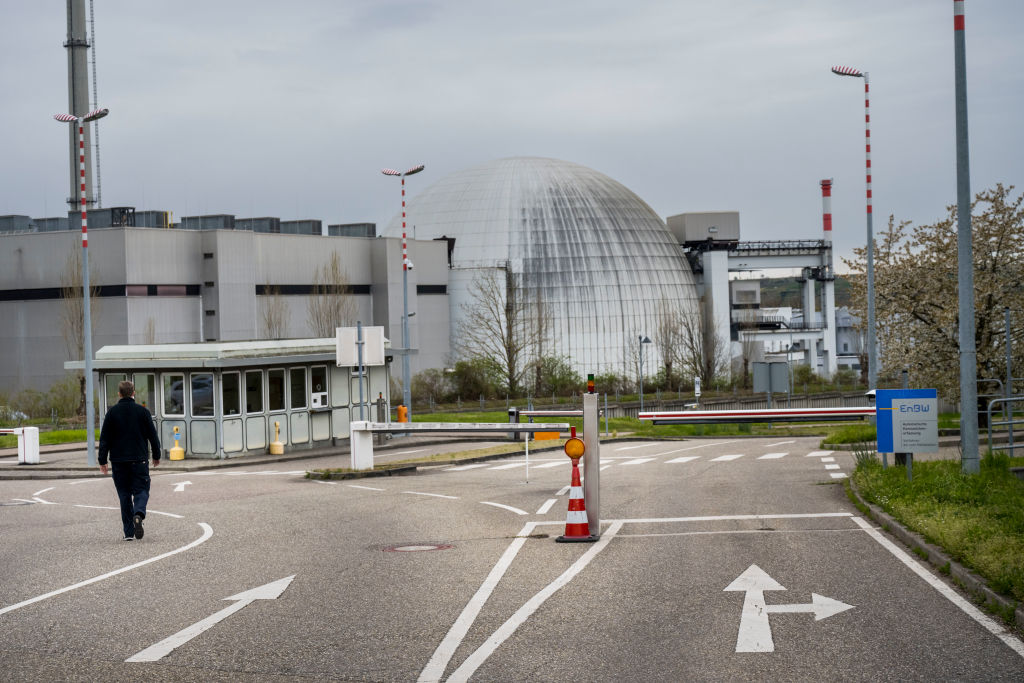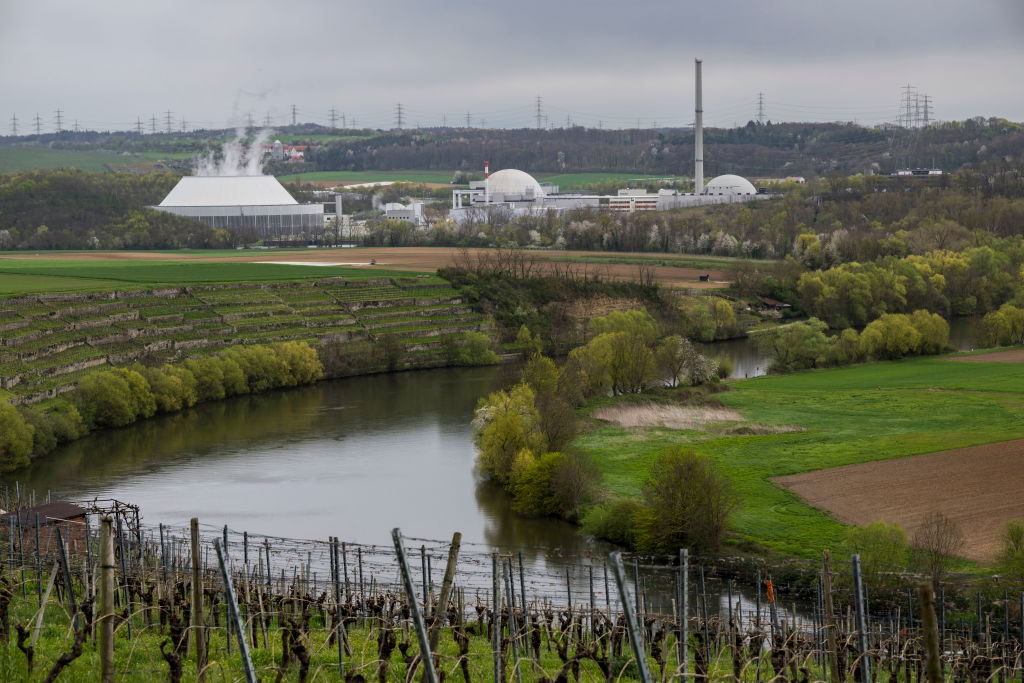Economists from the European Central Bank (ECB) have calculated what they said was the detrimental effect of lasting high electricity prices on European employment.
On May 5, using financial data from 200,000 manufacturing firms across European Union member states, the three researchers – Gert Bijnens, John Hutchinson and Arthur Saint Guilhem – showed they had worked out that a permanent rise of 10 per cent in electricity prices could reduce employment in energy-intensive manufacturing companies by up to 2 per cent.
This meant at least 1 in 50 jobs in European manufacturing companies would be at risk of elimination, they said. The effect was especially pronounced in very energy-intensive sectors such as chemicals, metals and cement production.
The final job losses could be even higher as it could also lead to secondary job losses in other sectors such as the hospitality industry or other local services.
The authors – who presented their findings in the ECB blog – estimated that the loss of one position in a high-tech energy-intensive firm could cause the loss of up to five jobs elsewhere.
The results were seen as especially worrisome as the rise in European electricity prices greatly surpassed what economists regarded as the crucial 10 per cent hurdle.
Wholesale electricity prices have risen from around €75 per MWh (megawatt hour) before the onset of the energy crisis in 2022 to more than €100 today; on some days, prices had topped €190 per MWh.
That was starkly different to the situation in the US, where electricity prices were 40 per cent as high as in the EU – owing, it seemed, to investments in natural gas sourcing and nuclear energy.
The researchers also estimated that areas with significant clusters of energy-intensive industries would be feeling the negative effects of higher electricity prices the most. These regions included southern Germany, the Ruhr area, northern Italy and, to a lesser extent, northern Belgium.
The three ECB economists said they saw geopolitical tensions, mainly the war in Ukraine as well as rising prices for emission allowances and insufficient investment in renewable energy, as the primary drivers for higher prices.
To mitigate their effects they recommended improving labour market flexibility and offering support mechanisms to retrain workers – as having “cheaper and cleaner energy on tap” would take “too long”, they said.
The question of how an end to the EU’s ambitious “green” energy plans – which have been blamed as responsible for some of the worst price spikes recently – would affect European electricity prices was, though, not examined.





